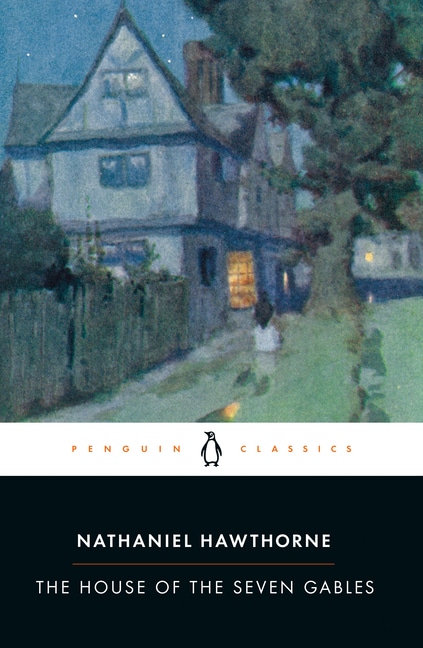Showing all 3 results
About Nathaniel Hawthorne
Nathaniel Hawthorne, born on July 4, 1804 in Salem, Massachusetts, stands as a pre-eminent American author known for his profound influence on US literature. A descendent of Puritan settlers, Hawthorne’s ancestry greatly shaped his work, most notably “The Scarlet Letter” and “The House of the Seven Gables”, embedding moral allegories and symbolism reflecting on the puritanical guilt in his narratives. His works are lauded for their psychological depth and portrayal of human complexities, inextricably intertwined with social and moral issues relevant during his time, marking a significant transition from Romantic to Realist literature.
Hawthorne’s early career was characterized by challenges, with his first published work, “Fanshawe”, achieving limited success leading him to destroy all the copies. Nevertheless, his short story collection “Twice-Told Tales” gained significant recognition, paving a way for his future success. However, it was his 1850 masterpiece, “The Scarlet Letter,” that brought Hawthorne into the limelight, establishing his status as one of America’s essential literary voices. The novel, a poignant tale of sin, guilt, and redemption, differs from prevalent literature of the time as it delves into human conscience rather than mere actions, reflecting Hawthorne’s innovative literary style.
In spite of his reserved demeanor, Hawthorne mingled with highly intellectual circles, contributing his views to debates concerning the rapidly changing society. His friendship with notable contemporaries like Ralph Waldo Emerson and Herman Melville is testament to Hawthorne’s influential persona. Nathaniel Hawthorne passed away on May 19, 1864, leaving behind a remarkable legacy marked by his adept exploration of human experience and psychological insight that continue to captivate readers till date.


